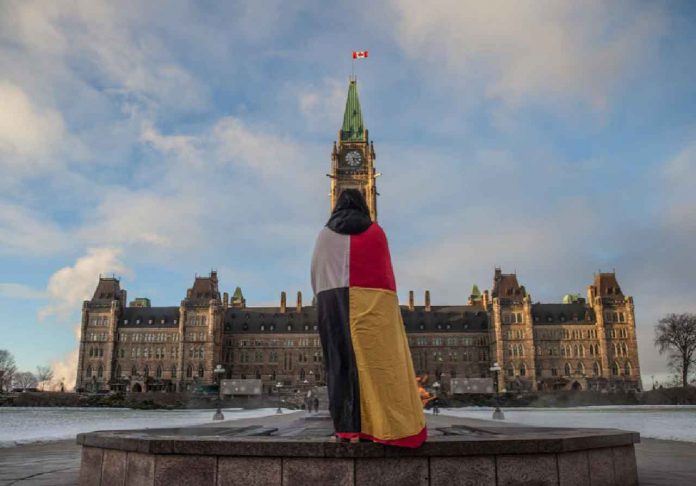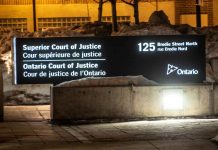Anishinabek Nation Leaders Perplexed and Disappointed by Canada’s $2 Million Deal with International Group for Indian Residential School Sites
The recent announcement of a $2 million deal between Canada and the International Commission on Missing Persons organization has left the leadership of the Anishinabek Nation perplexed. The arrangement aims to produce a report with recommendations on identifying and uncovering human remains at the sites of former Indian Residential Schools.
Travis Boissoneau, the Anishinabek Nation Indian Residential School portfolio holder and Anishinabek Nation Lake Huron Regional Deputy Grand Council Chief, expressed bewilderment at the decision to involve an international group when there is already a Special Interlocutor functioning and carrying out the same goals.
“We shouldn’t be finding out about this deal after it is already in the process of being finalized. Where was the consultation and engagement with First Nations and Survivors of Indian Residential Schools and their families to determine if this was necessary and supported?” asks Regional Deputy Grand Council Chief Boissoneau. “Why not further support these Indigenous leaders who are well-known and trusted across the country?”
Boissoneau questions why the Indigenous leaders who are well-known and trusted across the country are not further supported.
The appointment of Kimberly Murray as the Independent Special Interlocutor for Missing Children and Unmarked Graves and Burial Sites in 2022 was aimed at making recommendations for a new federal legal framework to ensure the respectful and culturally-appropriate treatment of unmarked graves and burial sites of children associated with former Indian Residential Schools.
Anishinabek Nation Grand Council Chief Niganobe expresses discomfort that Canada did not follow the recommendations of the jointly appointed Indigenous experts who are just beginning their work. Niganobe questions whether the federal government is impatient to close this dark chapter by seeking to outsource reconciliation.
“We are uncomfortable with the fact that Canada did not follow the recommendations of the jointly appointed Indigenous experts that are just beginning their work. Is the federal government impatient to close this dark chapter by seeking to outsource reconciliation?” asks Anishinabek Nation Grand Council Chief Niganobe.
“The concept of reconciliation is difficult to contemplate when we are not yet done reclaiming the remains of Anishinabek children whose lives were unjustly and inhumanely ended by genocide. The act of remembering our ancestors is part of traditional law – and we need to reconnect with their spirits to move forward with any possibility of healing intergenerational trauma.”
The act of remembering ancestors is part of traditional law, and the Anishinabek Nation is still reclaiming the remains of Anishinabek children whose lives were unjustly and inhumanely ended by genocide. The concept of reconciliation is challenging to contemplate when there is still so much work to be done to heal intergenerational trauma.
The Anishinabek Nation is the oldest political organization in Ontario and is a political advocate for 39 member First Nations across Ontario, representing approximately 65,000 citizens. Its roots can be traced back to the Confederacy of Three Fires, which existed long before European contact.







